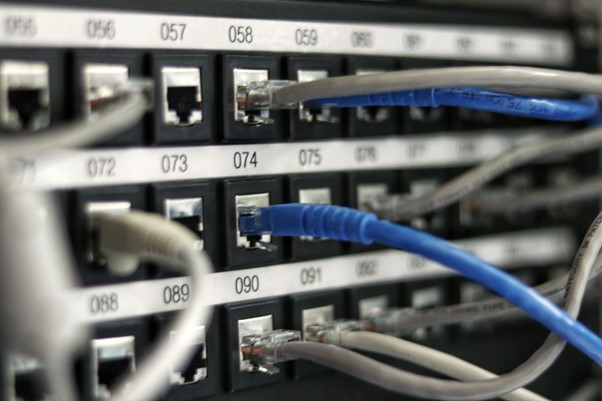Data breaches and cyber threats continue to rise. That’s why enterprise organizations must implement robust security measures for their web-based properties and data exchange with a robust security infrastructure via Public Key Infrastructure (PKI). This article will demystify SSL certificates, unveil their role in PKI security, and explore their benefits to organizations in safeguarding data and protecting against cyber attacks.
Table of Contents
Demystifying SSL Certificates
SSL certificates, or Secure Sockets Layer certificates, are the backbone of secure communication on the Internet. They provide encryption and authentication to ensure data integrity and that sensitive information transmitted between servers and web browsers remains confidential and protected from unauthorized access. SSL certificates play an essential role in establishing trust since they verify the authenticity and identity of websites, assuring users that their interactions are secure.
The Role of PKI Security
One of the key components of effectively managing SSL certificates is a powerful PKI management tool. PKI management tools provide centralized control and oversight of an organization’s digital certificates, including SSL certificates. These tools streamline the lifecycle management of certificates, from issuance and deployment to monitoring, renewal, and revocation. With the help of PKI management tools, organizations can efficiently manage their SSL certificates, ensuring their validity and protecting against potential security risks.
The Benefits of a Robust PKI Management Tool
Implementing a security certificate management system, powered by PKI management tools, offers several benefits to enterprise organizations. First and foremost, it enhances data protection. By encrypting data in transit, SSL certificates prevent unauthorized interception and ensure the confidentiality of sensitive information. This is particularly important for organizations handling customer data, financial transactions, or other sensitive online activities.
Beyond this, SSL certificates establish trust with website visitors. When users visit a website and see the padlock icon or the “HTTPS” prefix in their browser’s address bar, they know that the connection is secure. This instills confidence and trust in the organization, reassuring users that their data is protected and they can freely exchange data or make purchases through the website. This is especially important for enterprises focused on online sales or transactions involving the exchange of sensitive data like credit card numbers or social security numbers.
Additionally, SSL certificates contribute to overall cybersecurity by mitigating the risk of data breaches. They help prevent unauthorized access, tampering, and man-in-the-middle attacks that can leave an organization and its customers vulnerable. By ensuring the integrity of data transmitted over the Internet, SSL certificates help maintain the confidentiality and trustworthiness of these online interactions, thereby reducing the risk of malicious attacks.
SSL Certificate Management You Can Trust
A trusted provider will offer comprehensive certificate management solutions that assist businesses in their cybersecurity efforts. PKI management tools provide organizations with centralized control, automation capabilities, and advanced reporting features. They also protect against human error, allowing IT managers to focus on other responsibilities without worrying about the constant supervision required in SSL certificate management.
SSL certificates play a vital role in PKI security by enabling secure communication, establishing trust, and enhancing overall cybersecurity. By leveraging PKI management tools, organizations can efficiently manage their SSL certificates, ensure their validity, and protect their web-based properties. Implementing a robust certificate management system, such as Sectigo’s solutions, empowers businesses to strengthen their security efforts, safeguard sensitive data, and maintain the trust of their customers.








